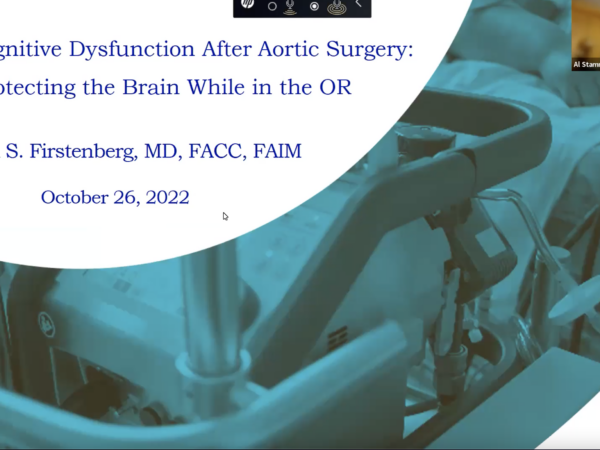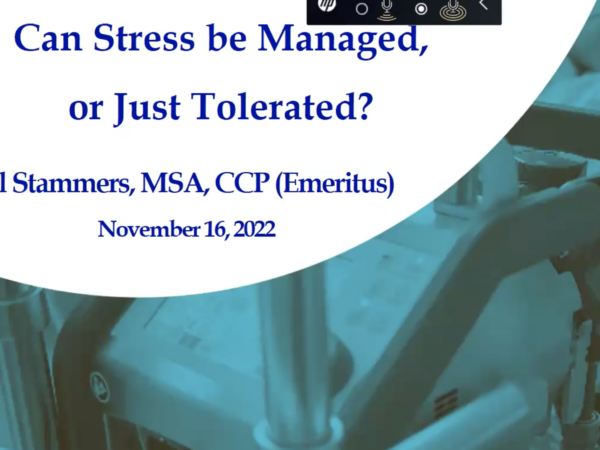Dr. Quincy Byrdsong, the vice provost for health affairs at Lipscomb University discusses below the newest perfusion school that will open its doors this fall. He details how Lipscomb came to the decision to open this new school and the steps that went into that planning process.
The Perfusion School at Lipscomb
Since Nashville is known as the healthcare capital, Lipscomb University decided to launch a perfusion school that will be opening soon. Dr. Byrdsong previously worked at a large healthcare system in Georgia. During his time there, he noticed that education and resources were being heavily allocated at the support level of the physicians and therapists. At this healthcare facility, cardiovascular medicine was the largest department. From his experience working in perfusion, Dr. Byrdsong understood the critical role that perfusion plays and knew that more needed to be invested in this field.
Upon moving to Nashville to begin a new job at Lipscomb University, there was already interest from his predecessor to launch a cardiovascular perfusion program. Although it is not a simple task to start a new school at any university, Dr. Byrdsong and his predecessor conducted think tanks, gathered the right people in the room, and facilitated open discussions about the logistics of starting a perfusion school. With support from university leadership, they were able to start the planning process. There are less than twenty perfusion schools offering what Lipscomb’s program does. After all of the planning and necessary steps, the Master’s Degree Program in Cardiovascular Perfusion at Lipscomb University came to be.
Starting a School of Perfusion
There are various factors to evaluate when you decide to open a perfusion school. First, you research the market for perfusion education, including how many schools there currently are and where they are located. After you do this research, you have to figure out if the university is interested in supporting this type of program and what resources they currently have that can lend needed support. A good way to do this is to look at what some of the other university programs currently offer. Dr. Byrdsong evaluated other health science programs, including pharmacy and physician assistant to establish opportunities for perfusion.
Additionally, you need an academic program director. For this program, one needs to be an academic perfusionist. However, with the current nationwide shortage of perfusionists, finding this person can be a difficult task. At Lipscomb, they also wanted to ensure the perfusion school aligned with their university’s overarching mission of integrating Christian faith with academic excellence.
The Path Forward
Lipscomb University’s Cardiovascular Perfusion School has enrolled its inaugural class for fall 2021. At the end of the 24-month, 60-hour program, they will be certified cardiovascular perfusionists. With so many exceptional medical facilities and academic programs in Nashville, Lipscomb University is excited about its new perfusion school’s potential. They look forward to seeing what it will accomplish.
About Lipscomb University
Named after David Lipscomb, Lipscomb University was founded in 1891. It is rooted in the mission of integrating Christian faith and practice with academic excellence. The university was initially classified as a liberal arts school but has since begun incorporating more health sciences, including pharmacy, kinesiology and nutrition, nursing, and physician assistant (PA) programs.
About Perfusion Leaders
Perfusion Leaders is a community built for those who provide perfusion services, from the novice student in perfusion school to the experts researching new techniques.





Comments are closed.